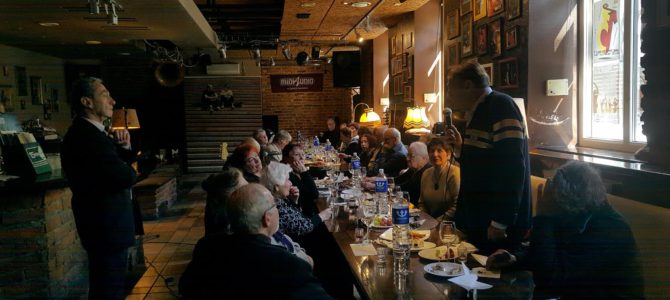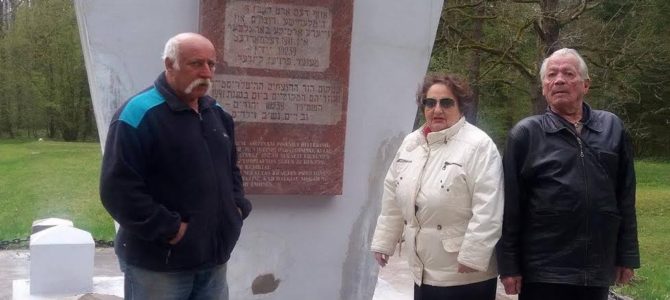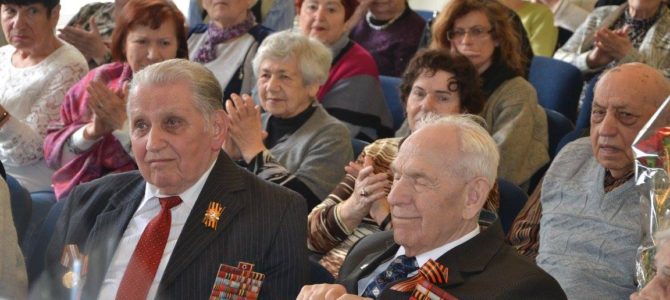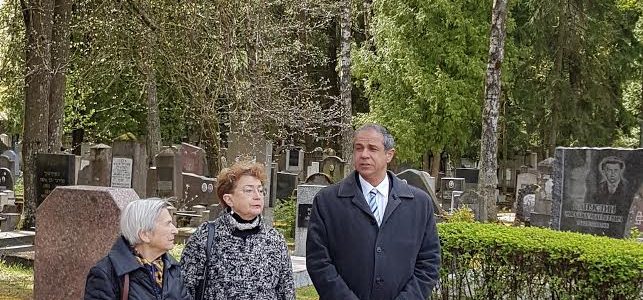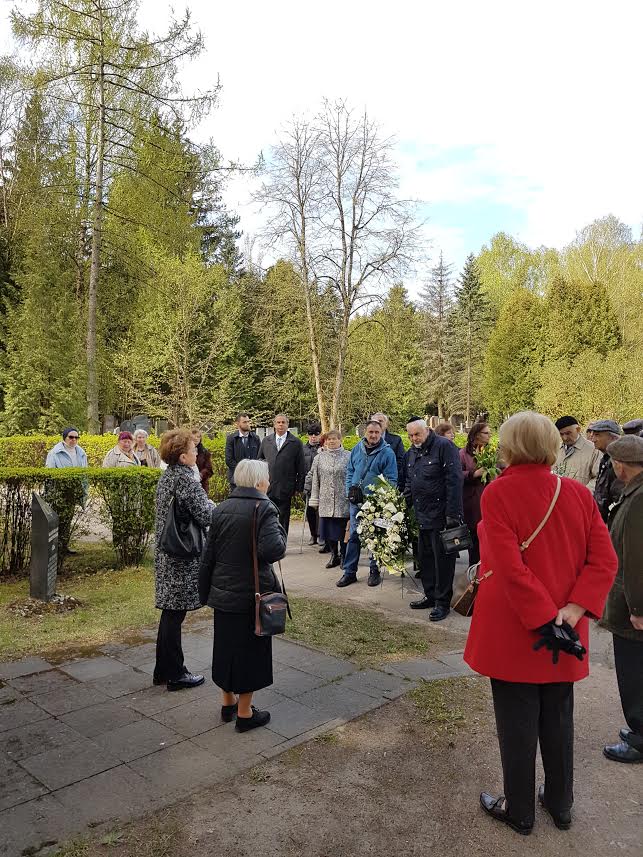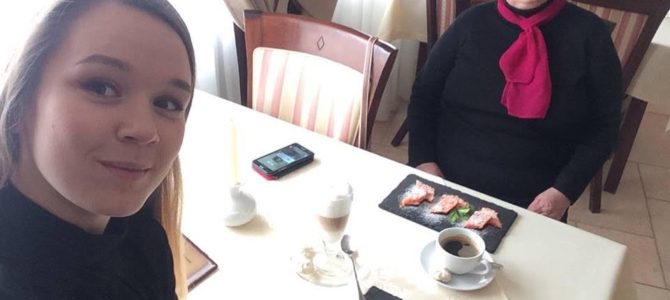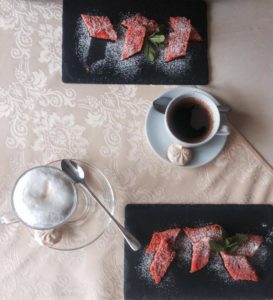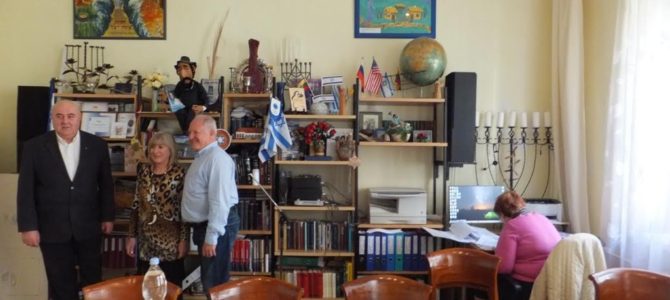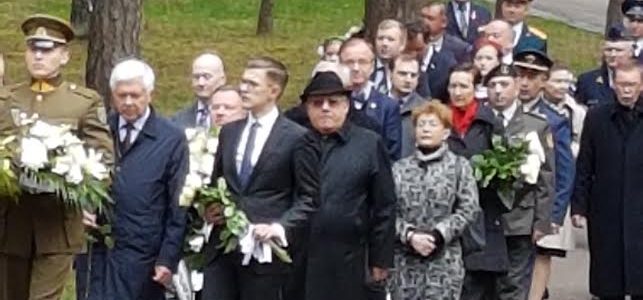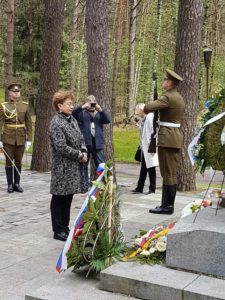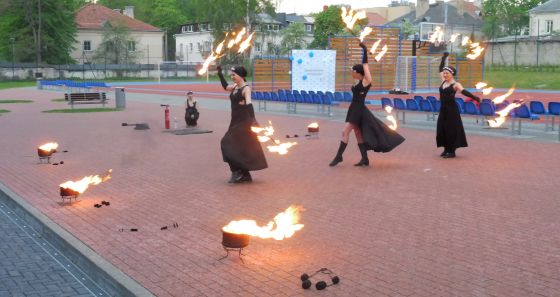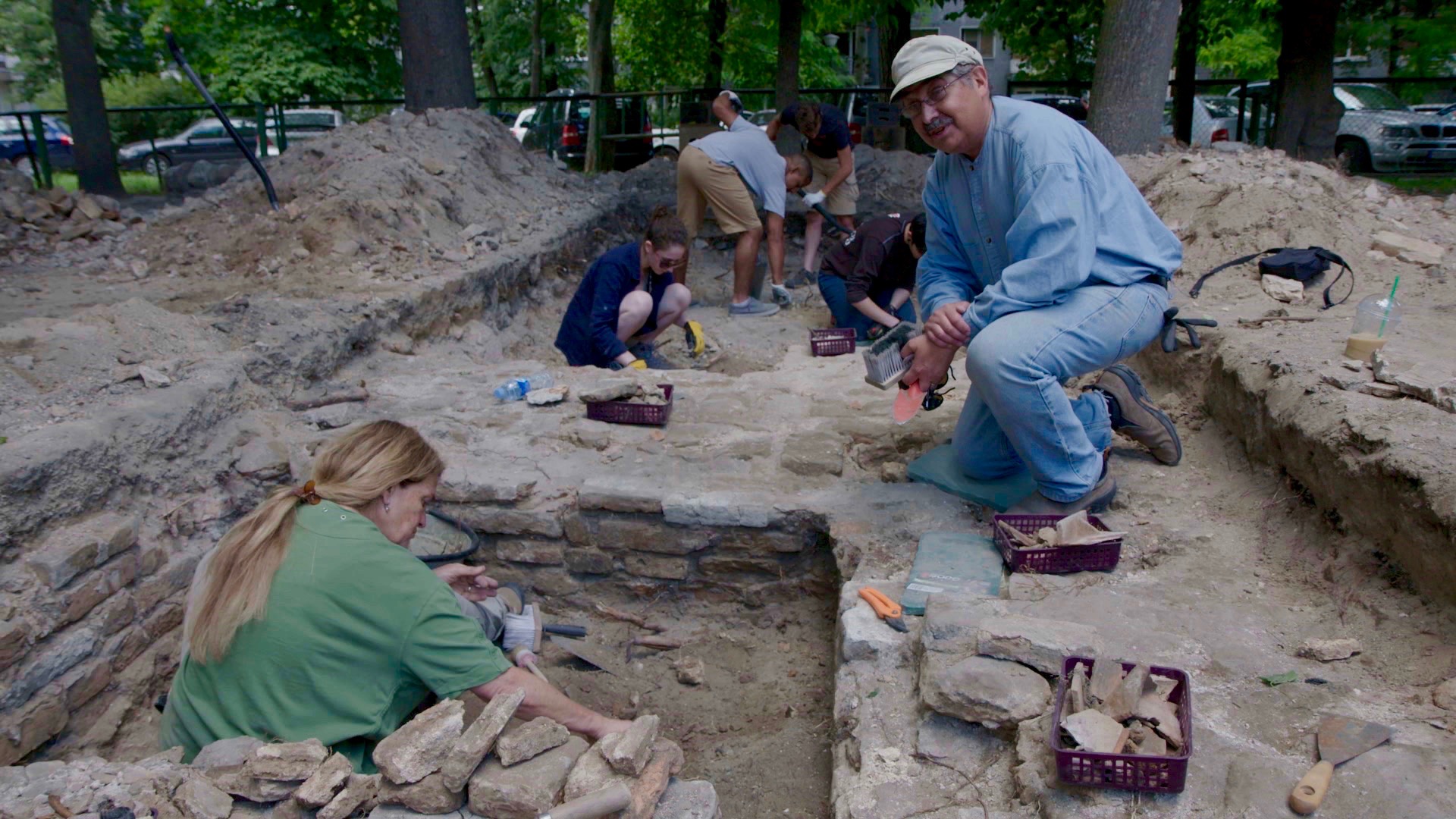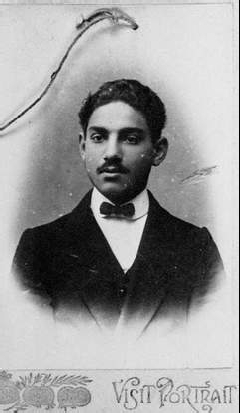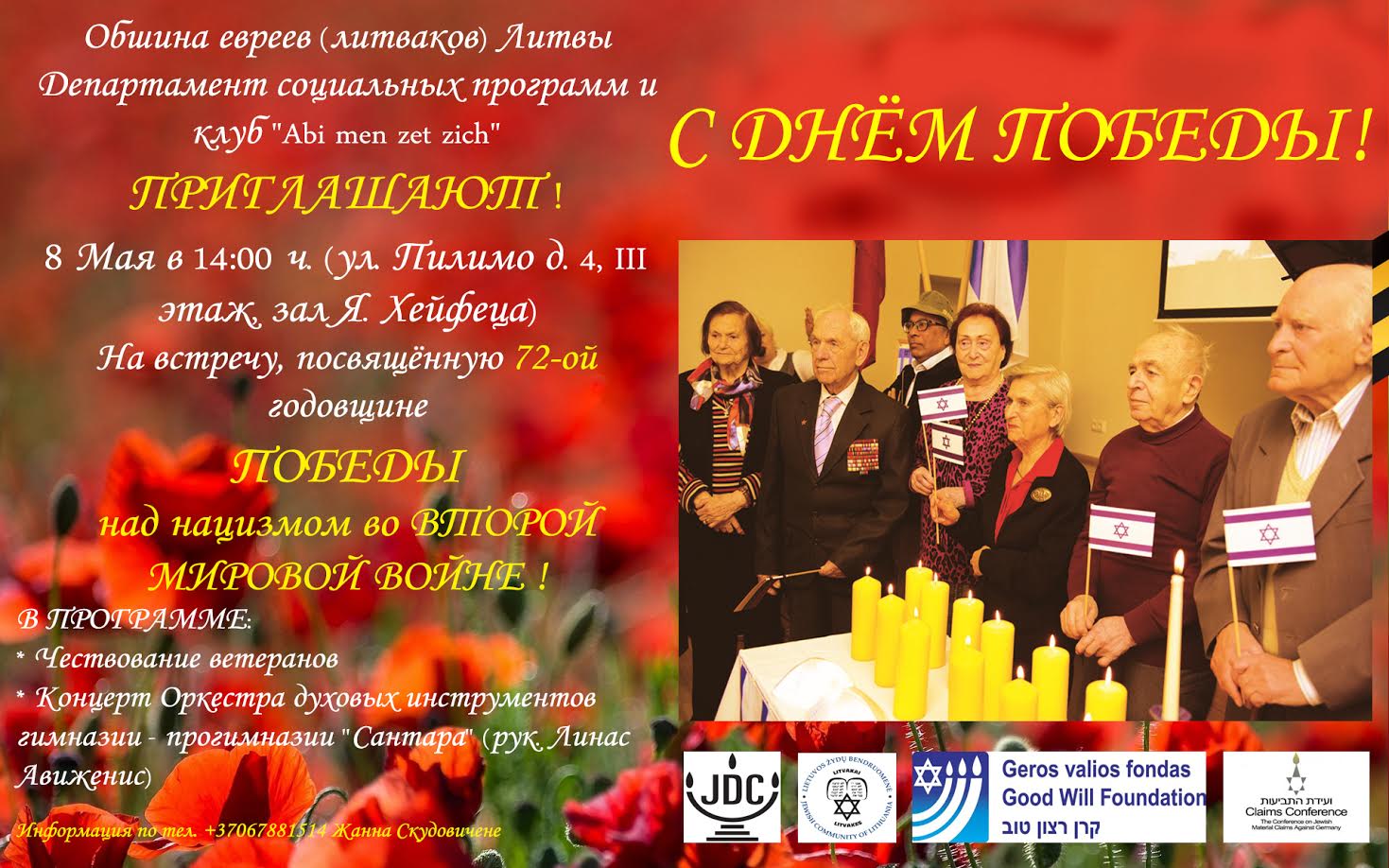The Lithuanian National Martynas Mažvydas Library is hosting a presentation of the book “Dingusios tautos pėdsakais’ [Traces of a Lost People] by Antanas Žilinskas, the long-serving director of the Vilkaviškis Regional History Museum who has collected material about the Jews once resident in Vilkaviškis over many years, the contents of the book published in 2015. The event will also feature a meeting with Ralph Salinger, an Israeli historian specializing in the history of the Jews of Vilkaviškis. The public event is to be held in Lithuanian and English at 4:00 P.M. on May 12 at the library in Vilnius.
Jews were living in Vilkaviškis in the 16th century when queen Bona Sforza allotted a forest for the Jews to construct a synagogue. The Vilkaviškis synagogue appeared in 1623. There was a Jewish gymnasium in Vilkaviškis from 1919 to 1940. There were around 150 shops in the town, of which about 130 were Jewish. In 1939 there were officially 3,609 Jews living in and around the town, constituting 45 percent of the population.


